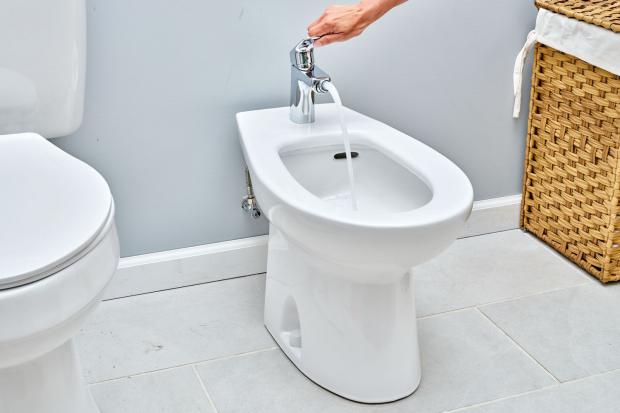
Breaking News
 "You Must Prepare Now" - Doug Casey
"You Must Prepare Now" - Doug Casey
 Will the BRICS 'UNIT' really challenge the dollar?
Will the BRICS 'UNIT' really challenge the dollar?
 The U.S. Just Launched a Secret Dollar Empire (And Nobody Noticed)
The U.S. Just Launched a Secret Dollar Empire (And Nobody Noticed)
 ICE Uses a Growing Web of AI Services to Power Its Immigration Enforcement and Surveillance
ICE Uses a Growing Web of AI Services to Power Its Immigration Enforcement and Surveillance
Top Tech News
 EngineAI T800: Born to Disrupt! #EngineAI #robotics #newtechnology #newproduct
EngineAI T800: Born to Disrupt! #EngineAI #robotics #newtechnology #newproduct
 This Silicon Anode Breakthrough Could Mark A Turning Point For EV Batteries [Update]
This Silicon Anode Breakthrough Could Mark A Turning Point For EV Batteries [Update]
 Travel gadget promises to dry and iron your clothes – totally hands-free
Travel gadget promises to dry and iron your clothes – totally hands-free
 Perfect Aircrete, Kitchen Ingredients.
Perfect Aircrete, Kitchen Ingredients.
 Futuristic pixel-raising display lets you feel what's onscreen
Futuristic pixel-raising display lets you feel what's onscreen
 Cutting-Edge Facility Generates Pure Water and Hydrogen Fuel from Seawater for Mere Pennies
Cutting-Edge Facility Generates Pure Water and Hydrogen Fuel from Seawater for Mere Pennies
 This tiny dev board is packed with features for ambitious makers
This tiny dev board is packed with features for ambitious makers
 Scientists Discover Gel to Regrow Tooth Enamel
Scientists Discover Gel to Regrow Tooth Enamel
 Vitamin C and Dandelion Root Killing Cancer Cells -- as Former CDC Director Calls for COVID-19...
Vitamin C and Dandelion Root Killing Cancer Cells -- as Former CDC Director Calls for COVID-19...
 Galactic Brain: US firm plans space-based data centers, power grid to challenge China
Galactic Brain: US firm plans space-based data centers, power grid to challenge China
Why you should consider a bidet

A bidet is a specialized bathroom fixture found in many countries outside the United States. The water-shooting device gained popularity in American homes during the COVID-19 pandemic, driven by widespread toilet paper shortages. However, even after the toilet paper supply chain stabilized, many new bidet users did not revert to using toilet paper alone.
As more people discover the benefits of bidets and the increasing availability of easy-to-install bidet attachments, their presence is becoming more common in bathrooms nationwide. Since bidets offer many hygiene, environmental, and cost benefits, it appears that the bidet trend is here to stay.
Health and hygiene benefits
Bidets offer several health and hygiene benefits, extending beyond just reducing toilet paper usage. The gentle water spray not only cleans the genital areas more effectively but is also particularly beneficial for individuals with sensitive skin who cannot use toilet paper due to discomfort or rashes. Additionally, bidets can aid people with specific health conditions such as hemorrhoids, post-surgery recovery, and mobility issues. A clinical trial found that regular bidet use also improves quality of life in adults with impaired functional status.
Environmental benefits
Switching to bidets could contribute to a more sustainable approach to personal hygiene. The primary environmental advantage of using a bidet is reducing toilet paper consumption. The average American uses over 140 rolls of toilet paper each year, which is four times the global average. Reducing toilet paper usage leads to several secondary benefits. First, using less toilet paper decreases the need for virgin softwood pulp and reduces the waste generated from toilet paper production. Most toilet paper rolls are made from virgin softwood pulp, primarily harvested from forests in the southeastern U.S. and the Canadian boreal forest. Approximately 68 million trees are cut down each year to produce paper products in the U.S., which includes toilet paper. Additionally, making toilet paper from virgin pulp uses almost twice as much water as recycling paper. It also produces twice as many harmful air pollutants.



